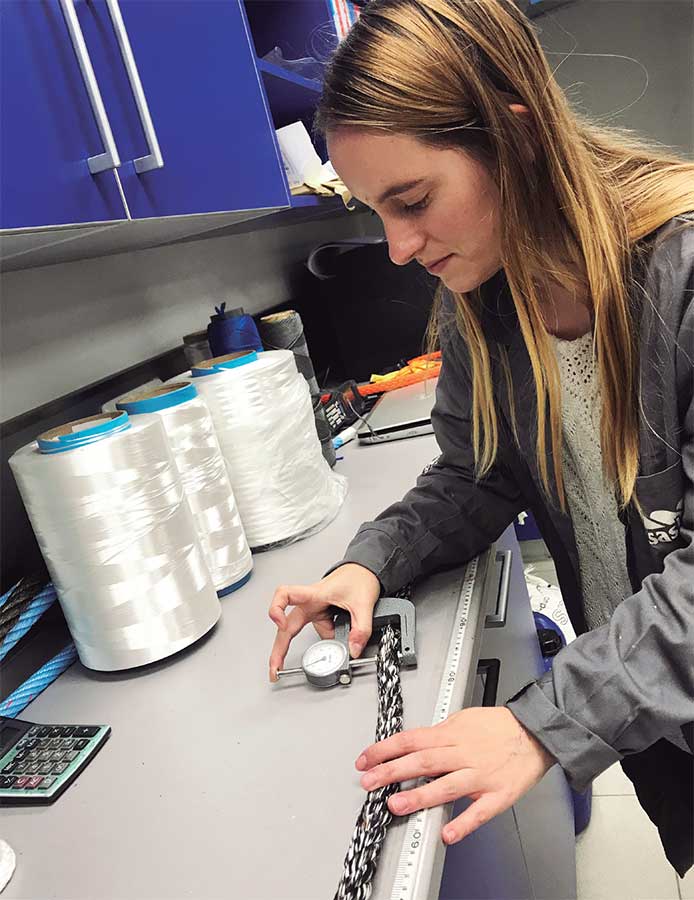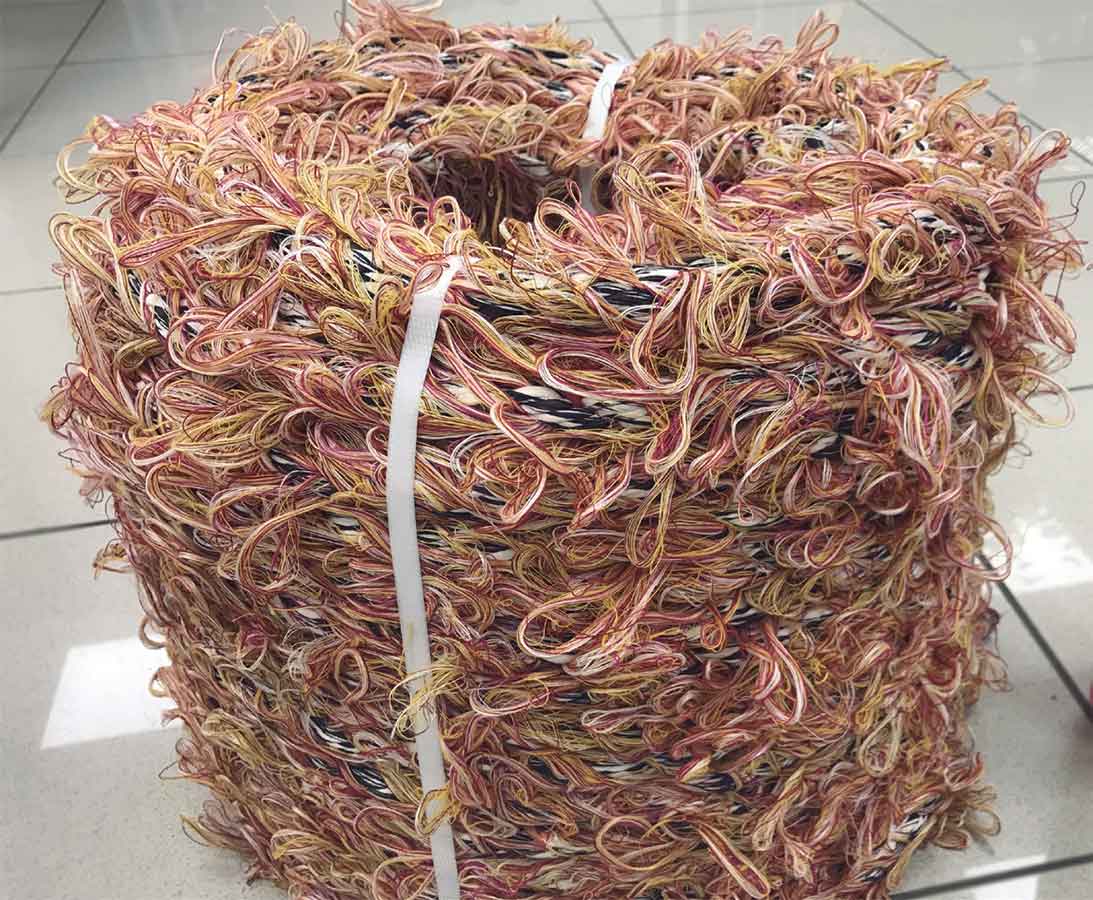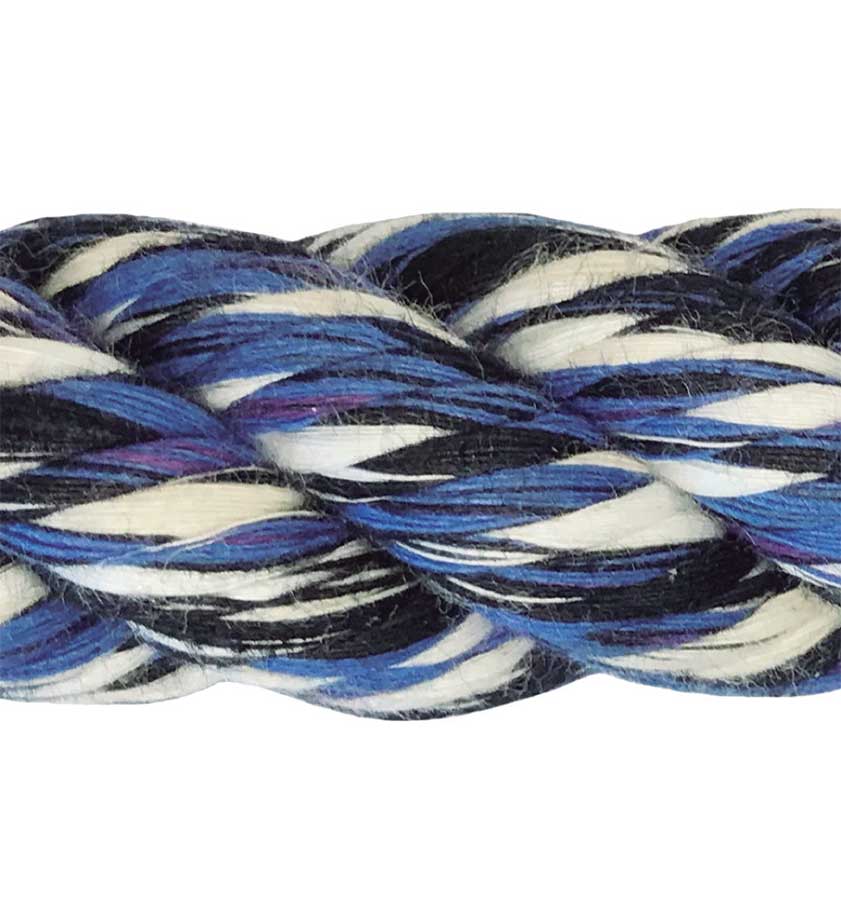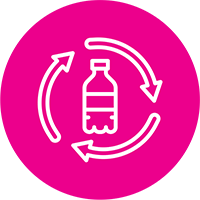BIOKORDA
DEVELOPING BIODEGRADABLE ROPES FOR TUNA FISHERIES
RECYCLING HELPS TO CURB WASTE DISPOSAL, but implementing recycling strategies in certain fishing activities is complicated. The fishing method used by tuna freezer vessels is purse seine (64% of the catches), which consists of a plastic net that is extended vertically into the water around tuna. Tuna freezer vessels can fish by free school or by floating objects or fish aggregating devices (FADs), which attract tuna. FAD sets are positive in 95% of cases and as a result thousands of FADs are released into the oceans every year, contributing to increase marine litter, one of the most serious environmental problems faced by our environment today.

DRIVING FACTOR



 OBJECTIVES
OBJECTIVES
- Reduce the environmental impact of ropes left on seabed after the fishing process is finished.
- Use biodegradable materials to manufacture ropes, without diminishing the rope technical properties, thus responding to the demand of the fishing sector.
 RESULTS
RESULTS
- LCA of the main environmental impacts of conventional plastic ropes of FADs was conducted: abandonment of ropes at sea and consumption of plastic materials for manufacturing.
- A new product was obtained: the TUNAKO BIO rope, manufactured using a mixture of cotton and tencel (both of natural origin and biodegradable) as raw material, and using braiding with crimp in the manufacturing process.
- A new product was obtained; the NATUKOR rope, with a similar composition, but without crimping in the braiding.
- The yarns used in NATUKOR and TUNAKO BIO come from textile waste from a local supplier. No dyes, coatings or other chemical additives are used; and since they are made of non-plastic materials, the extrusion stage of the production process is eliminated.
- 74% to 93% less environmental impact compared to conventional ropes, depending on the environmental impact category considered.
- 5% contribution to the company’s turnover.
 CONCLUSIONS
CONCLUSIONS
- Since the new ropes are ready to be marketed, a new business line was opened for ITSASKORDA, bringing significant economic benefits for the company and addressing the demand for more sustainable products in the fishing sector.
- BIOKORDA was necessary to achieve major valuable technical expertise on the environmental performance of ITSASKORDA’s products, taking into account whole life-cycle perspective, which will be replicable with new products in the future and in other sectors.
ENVIRONMENTAL
TECHNICAL
ECONOMIC
COMMERCIAL
ON THE MARKET

